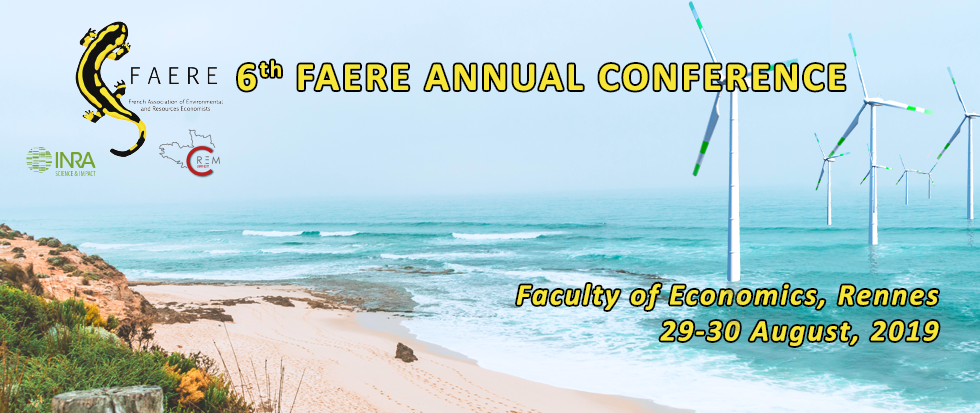Environmental Tax Reform with Heterogeneous Regionsand Imperfect Labour Markets
This paper investigates how a rise in the pollution tax rate may affect unemployment, migration and welfare in a general equilibrium model. We build a model of two different regions(Harris-Todaro), with imperfect labour markets (unemployment) and migration. Pollution isdue to the consumption of a dirty commodity by households and to the use of a dirty inputin the production process. We allow for non-homothetic preferences for taking account thepotential regressivity of green taxes (the polluting good is assumed to be a necessary good).We show that frictional unemployment and non-homothetic preferences bring about inter-region wage differential. Thus, an economy almost always exhibits distortions in the absenceof the government intervention. Green tax may exacerbate these distortions by generatingspillovers, if the labour market is initially more frictional in the region where the subsistencelevel of the polluting good is the lowest one. Wages subsidies and transfers among regionsare explored as solution to remove distortions.



